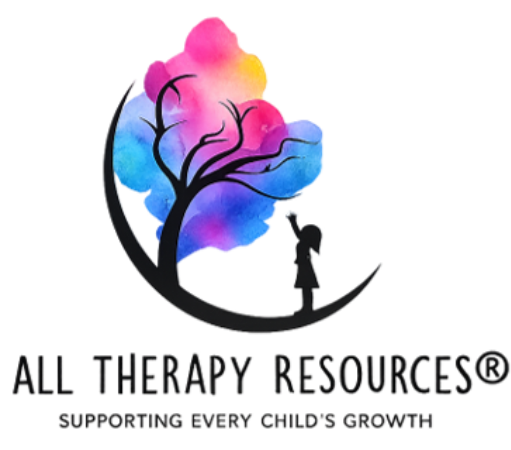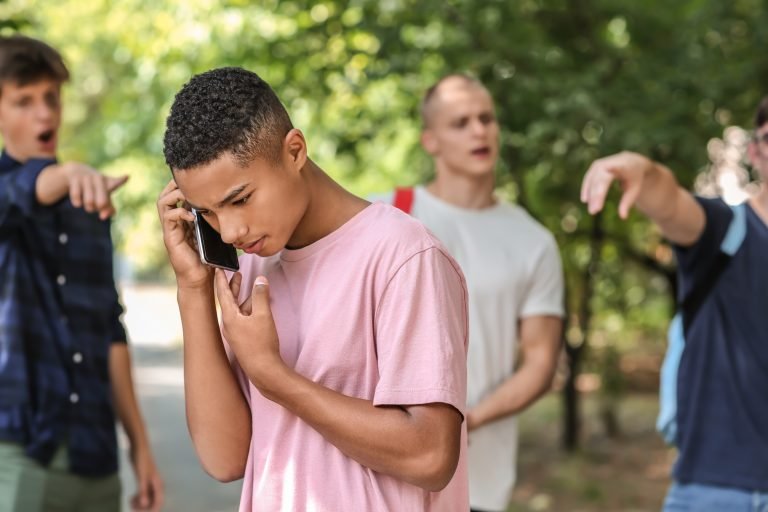
Hey there! Ready to tackle a topic that’s as hefty as it is hidden?
We’re talking about student anxiety – that giant, invisible elephant that’s been hanging out in our classrooms, kinda hard to ignore, right? It’s a beast that’s been growing, fed by the relentless pressures of school life, and it’s not just about chasing grades anymore.
But here’s the kicker: there are heroes among us, right in the corridors of our schools. I’m talking about school counselors – those incredible people who do way more than just juggle class schedules or college applications. They’re the front-line warriors, armed with nothing but their empathy, knowledge, and some seriously smart strategies, ready to take on student anxiety.
So, how about we jump into the world of these unsung heroes? Let’s find out how school counselors are not just chipping away at this massive issue but are actually turning the tide in the battle against student anxiety.
Believe me, this is one journey you’ll want to buckle up for. It’s going to be enlightening, and inspiring, and might just change the way we see those everyday heroes walking through the school halls.
How to Identify Anxiety Symptoms in Students
Understanding the signs of anxiety is the first crucial step in offering the right support. School counselors are like detectives, trained to spot even the subtlest hints that a student might be struggling.
But what are these signs? And how can recognizing them connect back to our main topic? Let’s get in.
Spotting the Signs of Anxiety– A Closer Look
Anxiety doesn’t always shout; sometimes, it whispers.
Here are a few signs that might suggest a student is dealing with anxiety:
- Physical Symptoms: These can range from stomachaches to headaches, excessive sweating, or even an accelerated heart rate. It’s the body’s way of saying, “Hey, something’s up.”
- Changes in Behavior: Maybe a student who was once outgoing is suddenly withdrawn, or someone’s grades start to slip without an obvious reason. Changes in eating or sleeping habits can also be red flags.
- Emotional Signals: Excessive worry about future events, fear of making mistakes, or a noticeable decrease in confidence can all be indicators of anxiety.
- Avoidance: Skipping classes, avoiding social situations, or reluctance to participate in activities they once enjoyed can also be signs.
Connecting the Dots – School Counselors’ Role In Managing Student’s Anxiety
Identifying these symptoms of anxiety in students is just the start. School counselors use this insight to tailor their approach, ensuring they meet each student’s needs effectively.
Imagine a bustling school corridor, locker doors slamming, and the buzz of students swapping stories about their day. Amidst this daily hustle, there’s a quiet force at work – school counselors. These pros are the go-to for students navigating the rough waters of anxiety.
But how do they tailor their capes for each unique battle? The answer lies in their arsenal of specialized resources.” The Counselor’s Toolkit – Strategies for Support” is more than just a collection of methods. It’s a lifeline for students, educators, and parents alike, designed to empower, enlighten, and transform the anxiety journey into one of growth and resilience.
1. Identifying Anxiety – The First Step to Support
First off, school counselors have a knack for spotting the signs of anxiety. They’re trained to notice when “I’m fine” doesn’t really mean everything’s peachy. Whether it’s changes in behavior, dips in academic performance, or even just a vibe a student gives off, counselors are on it, offering a safe space for students to open up.
2. Personalized Strategies – Tailored Suits of Armor
Every student’s battle with anxiety is unique. That’s why counselors whip up personalized plans faster than a barista whips up your favorite latte. They might introduce coping mechanisms like mindfulness exercises, journaling, or time management strategies.
It’s all about finding what fits best for each student, ensuring they’re equipped to tackle anxiety head-on.
Ready to get your time management on track and make your classroom a model of efficiency? Check out the “Executive Functioning Excellence: Skills for Success” Brochure from All Therapy Resources. Whether you’re a student looking to nail your schedule or a teacher wanting to keep things tight and right, this is your go-to guide. With cool activities and handy tips, it’s the perfect pick for anyone aiming to up their educational game.
3. The Power of Connection – You’re Not Alone
Sometimes, just knowing someone’s in your corner makes all the difference. School counselors build trust and connections, showing students they’re not alone in their struggles. They’re like the cool aunt or uncle who gets it, providing a listening ear and a shoulder to lean on, minus the judgment.
4. Beyond the Office – Creating a Supportive Ecosystem
School counselors don’t just chill in their offices all day. They’re out there, advocating for a school environment that understands and supports mental health. This might mean training teachers on how to recognize anxiety in students, setting up peer support groups, or organizing workshops and talks on mental health awareness.
5. Bridging the Gap – When More Help is Needed
Sometimes, a student’s anxiety might need a bit more backup, and that’s okay. School counselors are pros at bridging the gap between schools and mental health professionals.
They can help connect students and families with therapists or counselors outside of school, making sure everyone’s working together for the student’s well-being.
6. Empowering Students – The Ultimate Goal
At the end of the day, the goal is all about empowerment. School counselors strive to equip students with the tools they need to manage their anxiety, not just for now, but for life. It’s about teaching them to navigate their emotions, advocating for themselves, and recognizing their own strength and resilience.
Wrapping It Up – Your Takeaway
So, there you have it – a sneak peek into the world of school counselors and their critical role in managing student anxiety. They’re the quiet warriors, armed with empathy, understanding, and a toolkit of strategies, all dedicated to helping students navigate the stormy seas of anxiety.
Ready to up your game in the classroom or nail those study goals? Click your way over to All Therapy Resources. Let’s make learning and teaching fun and effective – start exploring now!
Feeling inspired? Got questions? Or maybe there’s a school counselor who made a difference in your life or the life of someone you know. Drop your thoughts and stories in the comments below – let’s keep the conversation going!
And remember, if you or someone you know is struggling with anxiety, reaching out for help is a sign of strength. School counselors are a great place to start, but there’s a whole world of support out there, waiting with open arms.
Frequently Asked Questions (FAQs)
Q: Can school counselors diagnose anxiety? While school counselors are skilled at recognizing signs of anxiety, they’re not typically licensed to make clinical diagnoses. Their role is more about support, guidance, and connecting students with additional resources.
Q: What can I do if my school doesn’t have a counselor? If your school doesn’t have a counselor, look for a trusted teacher, administrator, or even online resources and hotlines that can provide support and guidance.
Q: How can I make the most of my meetings with a school counselor? Be open and honest about what you’re experiencing. The more your counselor knows, the better they can support you. And remember, everything you share is confidential.
Resources to Support Children and Adolescents with Anxiety
Whether you are looking for small group counseling curriculums, individual lessons, tips sheets and strategies to support parents and carers, All Therapy Resources has you covered.







